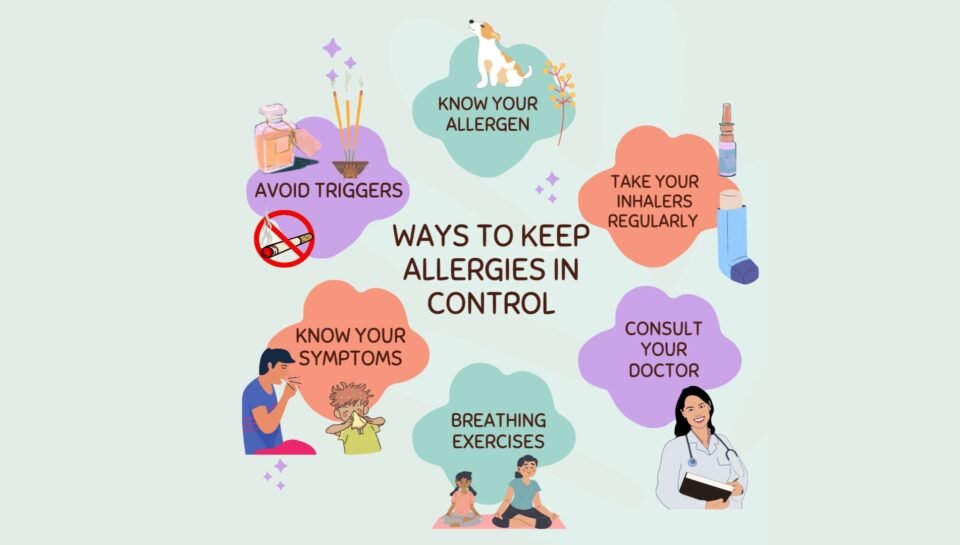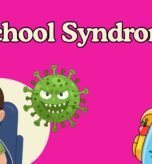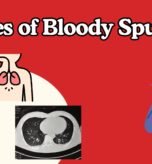Allergic diseases are particularly rampant in urban cities and affect children as much as adults. It is important to keep the allergic symptoms, especially respiratory allergies, at bay to avoid repeated sickness and off days from school. Some of the common allergic symptoms in children are
- 1. Cough and fast breathing in asthma
- 2. Sneezing, nose blocks, colds and cough in allergic rhinitis
- 3. Dry itchy skin in atopic dermatitis
- 4. Red, itchy and watery eyes in allergic conjunctivitis
There are some ways to keep your child’s allergic symptoms in control. This is important to keep your child healthy, symptom free, better quality of life (QoL). Good allergy control helps the child carry out their routine activities in school and at home without school absent days. They can engage in any sports activity without any fear of having breathlessness. Some simple ways to keep allergies in control are mentioned below:
A. Allergen avoidance –
Allergen avoidance is the single most effective way of controlling allergic symptoms. It is good to know what an individual is specifically allergic to especially, in situations where medical treatment is unable to control symptoms. There are various tests available for pin-pointing the allergen sensitizations. There are blood tests like the ImmunoCAP assay for various allergens and there are in vivo tests like the skin prick test. Your pediatric pulmonologist will help you choose the test best suited for you.
B. Avoid triggers –
Certain smells, dust, smoke of any kind (cigarettes, agarbatis, mosquito repellant coils, burning coal), perfumes and car exhaust fumes can all trigger allergic reaction in an individual. These are important triggers that do not directly cause allergies but can aggravate the symptoms leading to poor control.
C. Know your Symptoms –
Allergies can affect many parts of the body. Respiratory allergies affect the nose throat and chest by causing repeated colds, sneezing, itchy nose, cough, shortness of breath or cough and breathlessness on exertion (Allergic rhinitis and asthma). It can cause dry itchy skin with eczematous rash or patchy rash with pigmentation (Atopic Dermatitis). In the eye it causes conjunctivitis with redness of eyes, itchy and watery eyes being the main symptom. It can even affect digestion by causing loose stools, reflux, vomiting and pain in abdomen. One must know their own symptoms of allergy so treatment can be started appropriately.
D. Take you medicines regularly –
It is very important to take anti-allergy medicines regularly as prescribed by your doctor. Controller medicines that are mainly used to reduce the sensitivity of the body to allergens must be taken for a long time as short courses have no effect on controlling the symptoms. Inhaled corticosteroids for asthma, intranasal steroids for allergic rhinitis, hydration therapy for atopic dermatitis etc. must be continue for minimum 3-6 months of symptom free period for better control. Irregular use of preventers can lead to poor control of symptoms
E. Breathing Exercises
Deep breathing exercises, pranayama, activities like blowing balloons are all helpful in improving lung function. Any cardiorespiratory exercise like running, cycling, swimming or any sports training should be encouraged in all children with asthma.
F. Consult your doctor
In case of poor control or exacerbation of symptoms, one must consult their doctor and self-medication must be discouraged. Your doctor might need to increase the doses of your medicines in case of poor control of symptoms. A regular follow up must be maintained to avoid over use of controller medicines and timely tapering of anti-allergy treatment.




